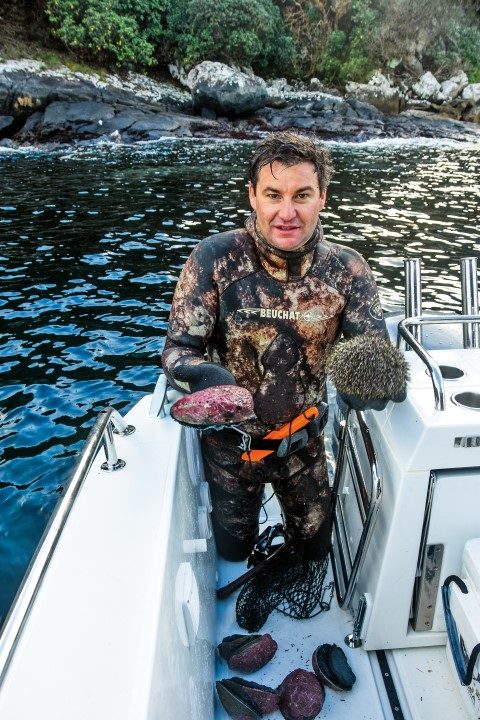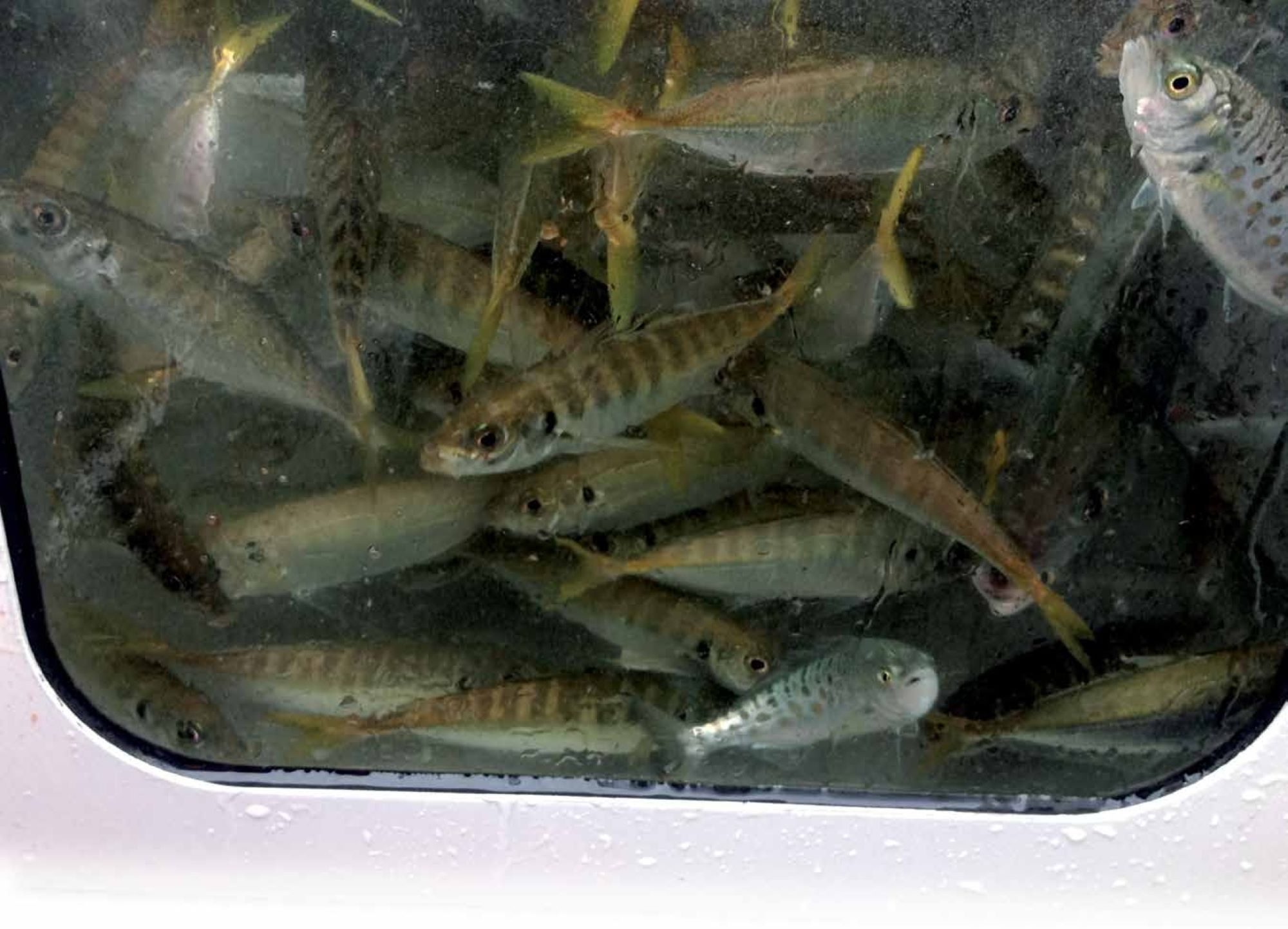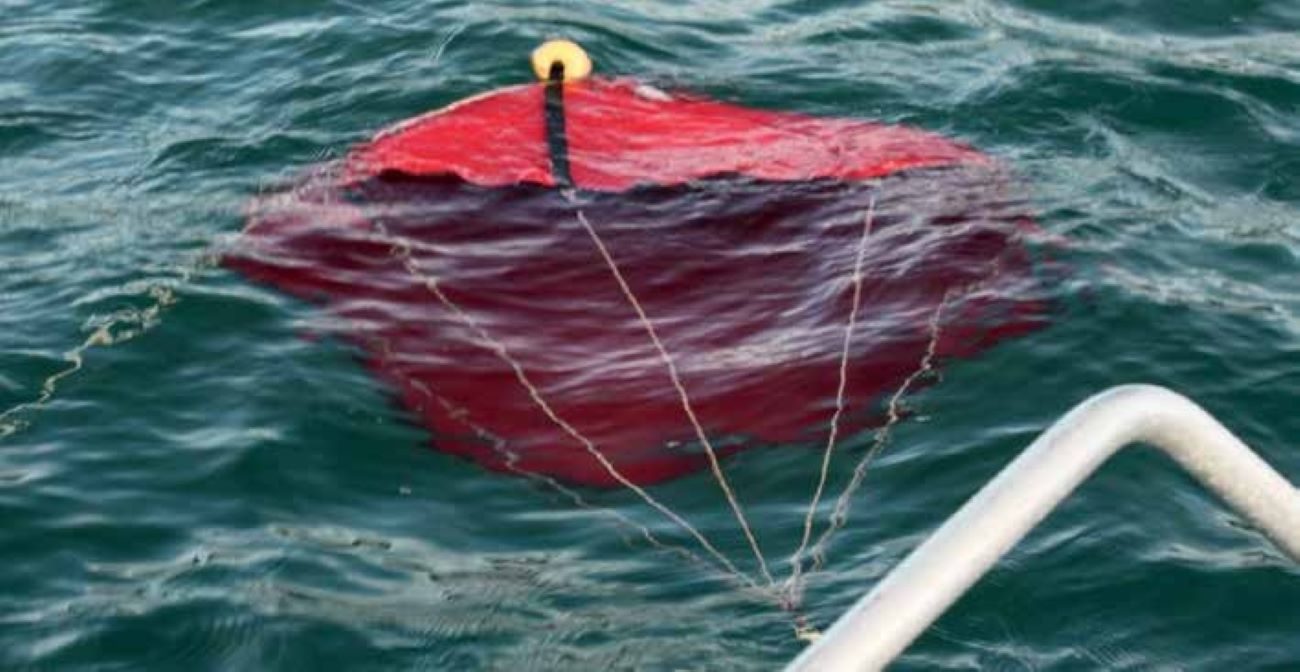

Fishing for food is an important part of this coastal narrative and, like Maori, European New Zealanders soon developed a tradition of gathering and eating kaimoana/seafood, which remains deep-rooted to this day.

But as New Zealand’s population grew and society changed, collecting wild foods – including seafood – became less universal. And while many Pakeha clearly feel a close connection to the ocean and its creatures, most can’t claim the same spiritual or cultural connection as Maori.
Pre-contact Maori valued kaimoana highly, especially after native bird and marine mammal resources declined during the first centuries of settlement. For most Maori, collecting and sharing kaimoana remains culturally important.
 Later immigrants – and we’re all immigrants in this country, it’s just that some groups have been here longer than others – brought diverse attitudes towards marine resources. Early European settlers saw them as a bounty to be exploited for profit and pleasure, often with little regard for sustainability.
Later immigrants – and we’re all immigrants in this country, it’s just that some groups have been here longer than others – brought diverse attitudes towards marine resources. Early European settlers saw them as a bounty to be exploited for profit and pleasure, often with little regard for sustainability.
The Western worldview of the time considered all God’s works were created exclusively for the benefit of mankind. They were men of their time (as are we), so judging their actions by the standards of today makes little sense.
Recent immigrants, many coming from densely populated parts of the world, find New Zealand’s coastal resources incredibly rich, though compared to the abundance of pre-settlement times, our coastal ecosystems are much depleted.
Every new immigrant group brings its own cultural experiences to bear, applying fishing practices familiar from home, right down to what species are worth gathering. Unfortunately, those ideas do not always align with accepted practice or sit well with the established population, which can cause misunderstanding and friction.Some new arrivals are particularly enthusiastic seafood gatherers, and with different culinary traditions, almost any sea creatures qualify as food: crabs, shellfish, snails and tiny fishes of every kind – animals most New Zealanders wouldn’t consider worth eating.
 Where cultural and language barriers are present, the laws around size and bag limits may be poorly understood or completely ignored, leading to indiscriminate seafood gathering that in many places around the country has stripped the rocky shoreline bare. With the volume of immigration outstripping the pace of environmental education among these groups, the problem can only get worse.
Where cultural and language barriers are present, the laws around size and bag limits may be poorly understood or completely ignored, leading to indiscriminate seafood gathering that in many places around the country has stripped the rocky shoreline bare. With the volume of immigration outstripping the pace of environmental education among these groups, the problem can only get worse.
If we want to preserve our coastal ecologies, changes must be made – to fisheries education, including special programmes for new immigrants, and to existing fisheries regulations to account for our changing demographics.
While the New Zealand hunting and fishing tradition remains strong, the truth is that wild food gathering is less important today than it was even 50 years ago. My wife’s family have lived in Devonport, on Auckland’s North Shore, for three generations. My 90-year-old mother-in-law talks about regularly feeding her family on pipi gathered from Cheltenham Beach, as well as local oysters, which they kept alive for days in wet sacks under the hedge, and fresh snapper courtesy of fishermen friends.
A seasonal treat was whitebait, scooped from beneath Devonport Wharf by the kerosene-canful and enjoyed into the 1980s. The family also gathered mushrooms, blackberries, watercress and other wild plants to supplement fruit and vegetables from their garden.
I’m sure few of today’s Devonport residents – or urban residents anywhere around the country – rely on wild foods to the same degree and nor could they. They are simply not as abundant anymore.
As an angler, I feel somewhat ambivalent about wild food gathering. I love fishing and enjoy a feed of fresh seafood, which when I’ve caught it myself always seems to taste better. But I know for certain catching a meal is only possible because a relatively small number of people take advantage of wild foods. If we all did it, recreational fishing (and hunting) would be completely unsustainable.
If I’m honest, I fish more for the sporting challenge than for food. While fishing for sport does not sit well with some people, in my opinion recreational fishing, practiced in accordance with strict size and bag limits, catch and release where appropriate, and perhaps seasonal and geographical closures, is the only possible future for wild fisheries.
It’s quite clear there are far too many humans in the world, including New Zealand, to expect wild foods to provide reliable sustenance. At best, wild animals and plants can supplement our diets, or supply luxury demand, but if even a small fraction of the population harvested wild foods in an uncontrolled manner it would severely deplete the resource.
 And don’t start me on industrial commercial fishing. The planet’s oceans are being raped! The global harvest of wild-caught fish plateaued some years ago and is now falling. This despite ever greater fishing effort to meet the insatiable demands of an exploding human population. Fishing companies are growing rich, but the earth is becoming a much poorer place.
And don’t start me on industrial commercial fishing. The planet’s oceans are being raped! The global harvest of wild-caught fish plateaued some years ago and is now falling. This despite ever greater fishing effort to meet the insatiable demands of an exploding human population. Fishing companies are growing rich, but the earth is becoming a much poorer place.
Properly regulated, sport/recreational fishing has the potential to not only be sustainable in the long term, but also to support a large and growing infrastructure, including tourism. Sport fishing already generates a huge amount of money for the New Zealand economy and provides thousands of jobs.
But with New Zealand’s growing population and changing demographic our fisheries are subject to many environmental pressures, including the effects of coastal development, commercial fishing, pollution, climate change and habitat degradation. Something has to give.
I’d like to see fishing from all sectors strictly monitored and controlled by a government department whose scientific advisors are not paid by one sector or another. I’d like to see greater emphasis on independent fisheries research and a more holistic approach to fisheries’ management, including local and regional management.
I also believe as recreational fishers it’s time we moved on from fishing for a feed. Our fish stocks can’t sustain it. By all means take a few fish or shellfish to share with family and friends, but not a limit bag every time you go fishing. In my opinion, recreational fishing shouldn’t be about food gathering at all, at least not as its primary focus. It’s about recreation, or ‘sport’ if you like. If you want a feed, grow some vegetables, or take a trip to the supermarket.




